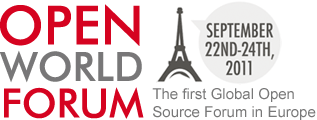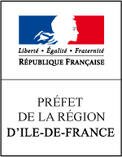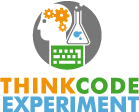Open Source for Industrial Users
Open Source started in the domain of software development and operating systems. It got boosted by the Internet when so many startups used, contributed or developed Open Source software both as a competitive advantage and as a fast access to the market strategy. For 30 years, FLOSS communities have maturated following 3 stages:
- Stage 1, as is open source software with a group of volunteers working on the same project
- Stage 2, volunteer based foundations like the FSF or the Apache foundation, where contributors are individuals who share the same values even if we observe a certain level of professionalization
- Stage 3, ecosystem based foundations like the Eclipse foundation or OW2, where contributions are mainly backed by companies
Noticeably, these FLOSS ecosystems are driven by technology providers or software vendors.Since 2000, industrial users, for which Open Source Software is not a core asset, started to consider it as an enabler for better collaboration and as an opportunity to better balance the software ecosystem. This movement creates the stage 4 of FLOSS communities - Open Source user foundations - with noticeable consortia already in their implementation phase like:
- Genivi, that creates an industrial driven open source ecosystem for the entertainment middleware in automotive,
- Opees, that tackles the stakes of Embedded software in Space, Aircraft and other intensive critical embedded software domains
- Open ETCS, that defines an Open European Train Control System
This track will discuss the perceived advantages of Open Source software for industrial users, and envision the future of this 4th generation of Open Source Ecosystems.
SPEAKERS
Conferences of this track :
-
Why having proper tooling is critical for the Open Source Governance?
-
How to help development team manage FOSS during the whole industrial process.
-
The Importance of Open Source Governance for Enablement and Innovation
-
Dealing with Open Source licensing in the supply chain
-
Increasing Industries Speed to Innovate with Open Source
-
Implementing an efficient and safe FOSS strategy in a global company
-
Panel Discussion : Open Source Ethos as an Agent of Change
-
Business model of co-development between vendor and customers for Open Source solutions
-
TOPCASED: a first step toward User-oriented Open Source communities
-
Open Source Processes: Lessons for Industry
-
OPEES : Leveraging Open Source for very long term support availability
-
Open-DO Initiative - Bringing freedom to software that matters
-
GENIVI, a concrete industrial Alliance in touch with Open Source community
-
Open Source is good for Industry
-
The OpenHardware movement - The community is moving from software to hardware

















